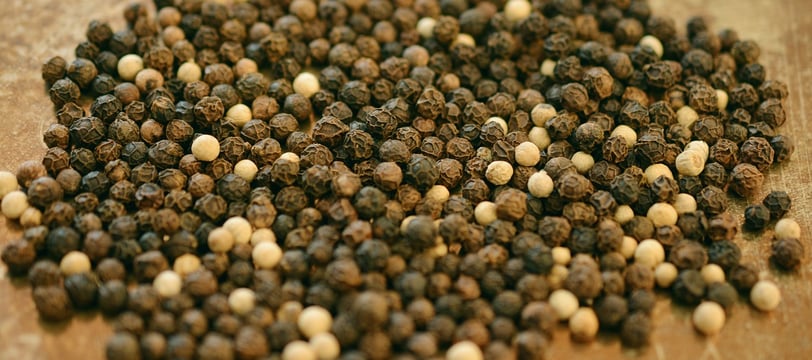Export of Pepper from Central Sulawesi Reaches IDR 57.4 Billion
9/12/2024


Central Sulawesi, a major spice production center in Indonesia, has achieved a significant milestone in the export sector. According to the latest data from the Palu Agricultural Quarantine Agency (Barantan) Class II, the export value of pepper from Central Sulawesi reached IDR 57.4 billion. A total of 763 tons was shipped to Vietnam from January to July 2022.
Amril, Head of the Palu Agricultural Quarantine Agency, stated that efforts to boost agricultural exports from Central Sulawesi are ongoing. “The export of spices from Central Sulawesi began in March 2021 with an initial shipment of 63 tons to Vietnam and China through the Pantoloan Port in Palu,” Amril said in a statement in Palu on Monday (August 8, 2022).
Spices from Central Sulawesi, including white pepper, nutmeg flowers, and nutmeg , have now become flagship commodities that are highly sought after in international markets. Amril explained that this export success has a positive impact on the local economy and strengthens Indonesia's position in the global spice market. “This export activity clearly has a significant impact on the local economy and also enhances the global standing of Indonesian spices,” he said.
The spices exported come from various producing areas in Central Sulawesi, including Donggala and Parigi Moutong districts, as well as from some regions in South Sulawesi and Southeast Sulawesi. Collectors in these areas ensure that the quality of the spices is well maintained before being shipped abroad.
Although the current export value is still relatively small, the Palu Agricultural Quarantine Agency continues to work on expanding the market and facilitating the export process. “We are committed to meeting international standards in every spice shipment,” Amril added.
Efforts in socialization and cooperation with various parties are expected to encourage further growth in the export of spices from Central Sulawesi in the future. With the right support, it is hoped that the spices from this region can become more recognized and accepted in the global market, providing greater economic benefits to farmers and local communities.






